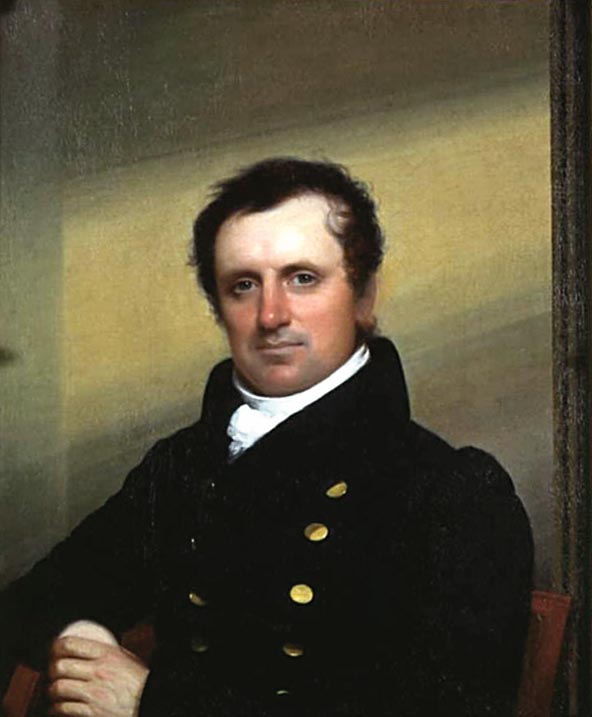James Fenimore Cooper frasi celebri
da The American Democrat; citato in Michael Schudson, La scoperta della notizia: storia sociale della stampa americana, Liguori Editore, Napoli 1987
James Fenimore Cooper: Frasi in inglese
“History, like love, is so apt to surround her heroes with an atmosphere of imaginary brightness.”
Origine: The Last of the Mohicans (1826), Ch. 18
“tis hard to live in a world where all look upon you as below them.”
Origine: The Deerslayer
The Pilot: A Tale of the Sea http://www.amazon.com/The-Pilot-A-Tale-Sea/dp/1490555811 (1829); Preface
The Pilot: A Tale of the Sea (1823)
Journal kept by Cooper from January to May 1848
Correspondence of James Fenimore-Cooper (1922)
Origine: Oak Openings or The bee-hunter (1848), Ch. XXI
Origine: Oak Openings or The bee-hunter (1848), Ch. XI
“It is better for a man to die at peace with himself than to live haunted by an evil conscience.”
The Last of the Mohicans (1826), Ch. 8
“Tis grand! 'tis solemn! 'tis an education of itself to look upon!”
The Deerslayer (1841), Ch. 6
A Letter to His Countrymen (1834)
The Lake Gun http://www.gutenberg.org/files/2328/2328-h/2328-h.htm (1851)
Preface
The Wing-and-Wing (1842)
The Sea Lions or The Lost Sealers (1849)
Journal kept by Cooper from January to May 1848
Correspondence of James Fenimore-Cooper (1922)
The Sea Lions or The Lost Sealers (1849)
Preface
Oak Openings or The bee-hunter (1848)
The Sea Lions or The Lost Sealers (1849)
Origine: The Sea Lions or The Lost Sealers (1849), Ch. XII
Origine: Oak Openings or The bee-hunter (1848), Ch. XVI
“Those families, you know, are our upper crust—not upper ten thousand.”
The Ways of the Hour (1850), Ch. 6
The Crater; or, Vulcan's Peak: A Tale of the Pacific http://www.gutenberg.org/files/11573/11573-h/11573-h.htm (1847), Ch. XXX
The Pilot: A Tale of the Sea (1824); Preface
The Pilot: A Tale of the Sea (1823)
